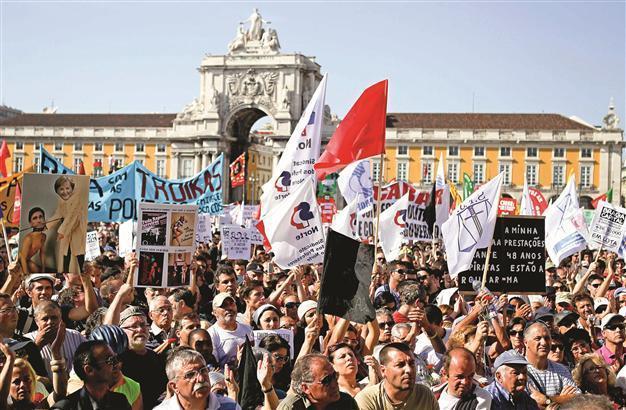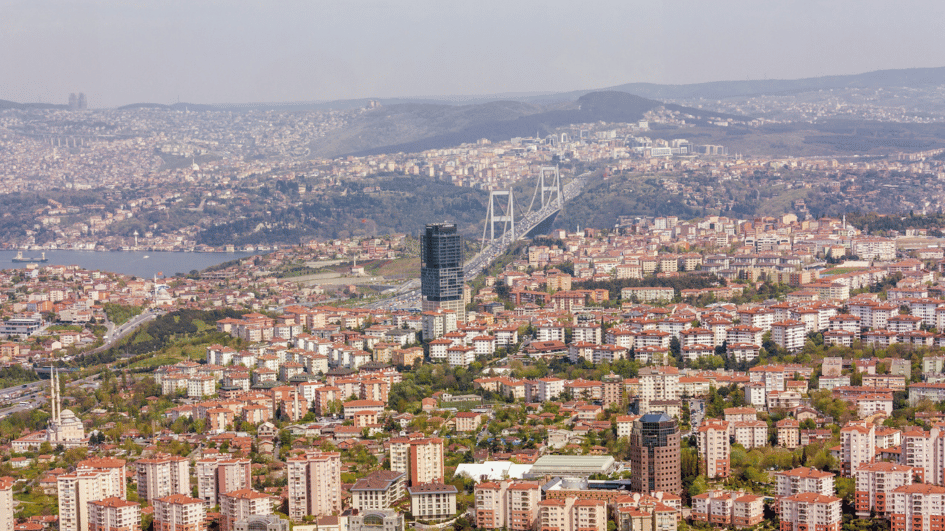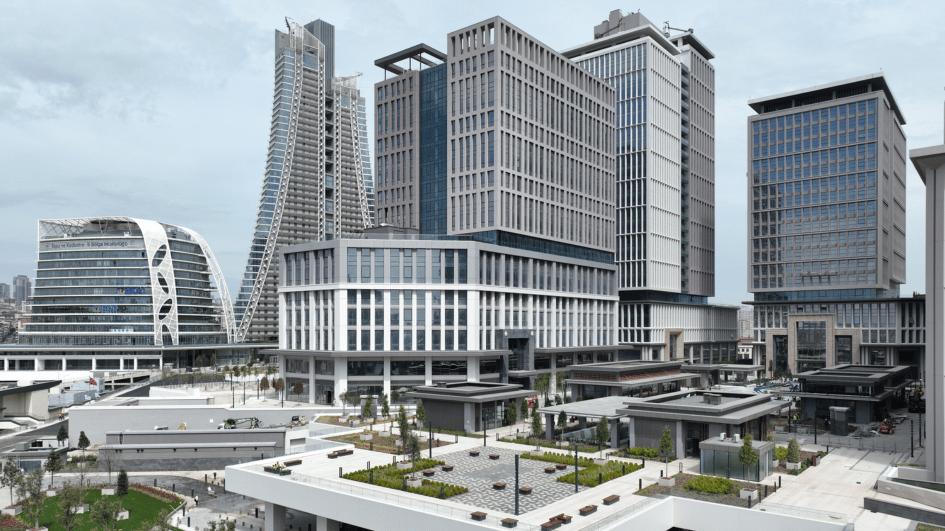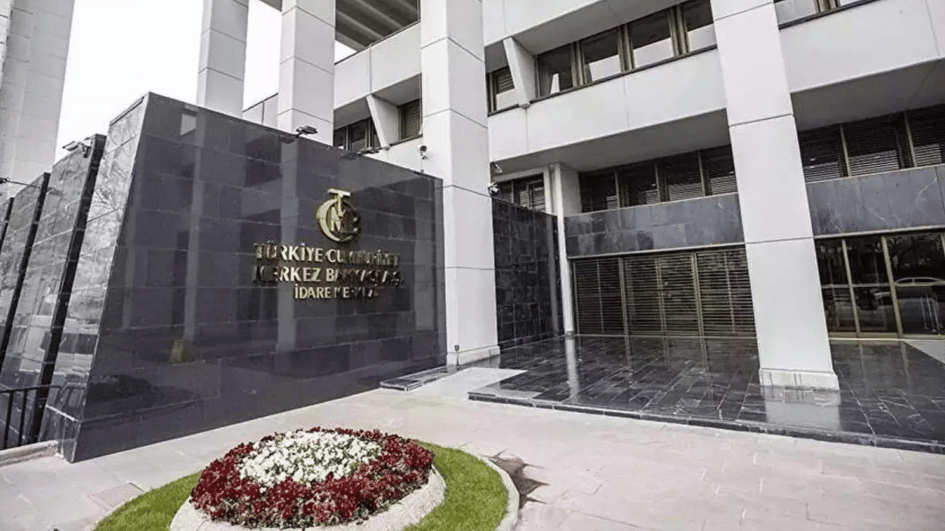Portuguese protesters fail to barrier further tax hike plans
LISBON- Agence France-Presse

People chant slogans during a demonstration against the Portuguese government’s austerity policies in downtown Lisbon. The protests in Portugal are backed by the General Confederation of Portuguese Workers. EPA photo
The Portuguese government has announced a generalized income tax hike, one of several new austerity measures meant to replace earlier proposals that met with stiff popular opposition.At a news conference, Finance Minister Vitor Gaspar unveiled a 4-percent extraordinary tax and said that Portugal’s income tax brackets would also be reduced from eight to five.
The average tax hike would rise from 9.8 percent in 2012 to 13.2 percent in 2013, the minister said without indicating how much extra revenue would be raised by the measure.
“The adjustment is harder than we anticipated,” Gaspar said, as he also revealed that the
unemployment forecast for 2013 had been raised to 16.4 percent from a previous forecast of 16 percent.
New measures also include new levies on capital gains and a financial transaction tax, though details of these moves have yet to be finalized, the minister said.
The new budget measures, which are to be presented to parliament on October 15, were shown to European Commission President Jose Manuel Barroso earlier this week.
Reassured by the plan, Barroso, a former Portuguese prime minister, said he was in favour of paying out the latest installment of Portugal’s 78 billion euro ($100 billion) bailout.
Barroso added that he expected eurozone partners to follow suit.
The granting of this new slice of aid is contingent on Portugal passing measures worth 4.3 billion euros in the 2013 budget.
In a previous effort to meet the requirement, conservative Prime Minister Pedro Passos Coelho proposed a hike in welfare charges paid by employees on their monthly paychecks, a move designed to inject the country’s social safety nets with much-needed funds and ease the hiring burden on employers.
Popular anger
Gaspar blamed the anticipated increase in unemployment on this abandoned effort to ease hiring costs. While the government’s steering of Portugal still has the confidence of creditors, over the weekend, tens of thousands of Portuguese took to the streets of Lisbon in a new protest against austerity with more mobilizations expected.
Spending cuts and economic reforms have caused a recession, with the economy shrinking by 1.2 percent in the second quarter, much faster than the 0.1 percent rate in the first quarter.
The contraction is expected to reach 3.0 percent for the whole year.
Earlier in the day the Portuguese debt agency successfully completed a bond exchange, buying up sovereign bonds set to mature in 2013 and in return emitting new bonds with a 2015 expiry date at lower rates.
The Portuguese government has not attempted auctioning bonds outright on the markets since it requested a bailout in Spring 2011 and has only carried out short-term operations.
Labor clashes at Greek Ministry
ATHENS – The Associated Press
Police clashed with scores of protesting shipyard workers after they forced their way into the grounds of Greece’s Defense Ministry in Athens.
Riot police were called in to force back the protesters after the leader of the country’s armed forces, Gen. Michalis Costarakos, failed to persuade them to end an attempted blockage of the entrance to the building, about 5 kilometers north of central Athens. Workers from the Skaramanga Shipyards, which deals mainly with military contacts, say they have not been paid in months. Greece’s government is currently preparing a major austerity package demanded by its creditors.
















